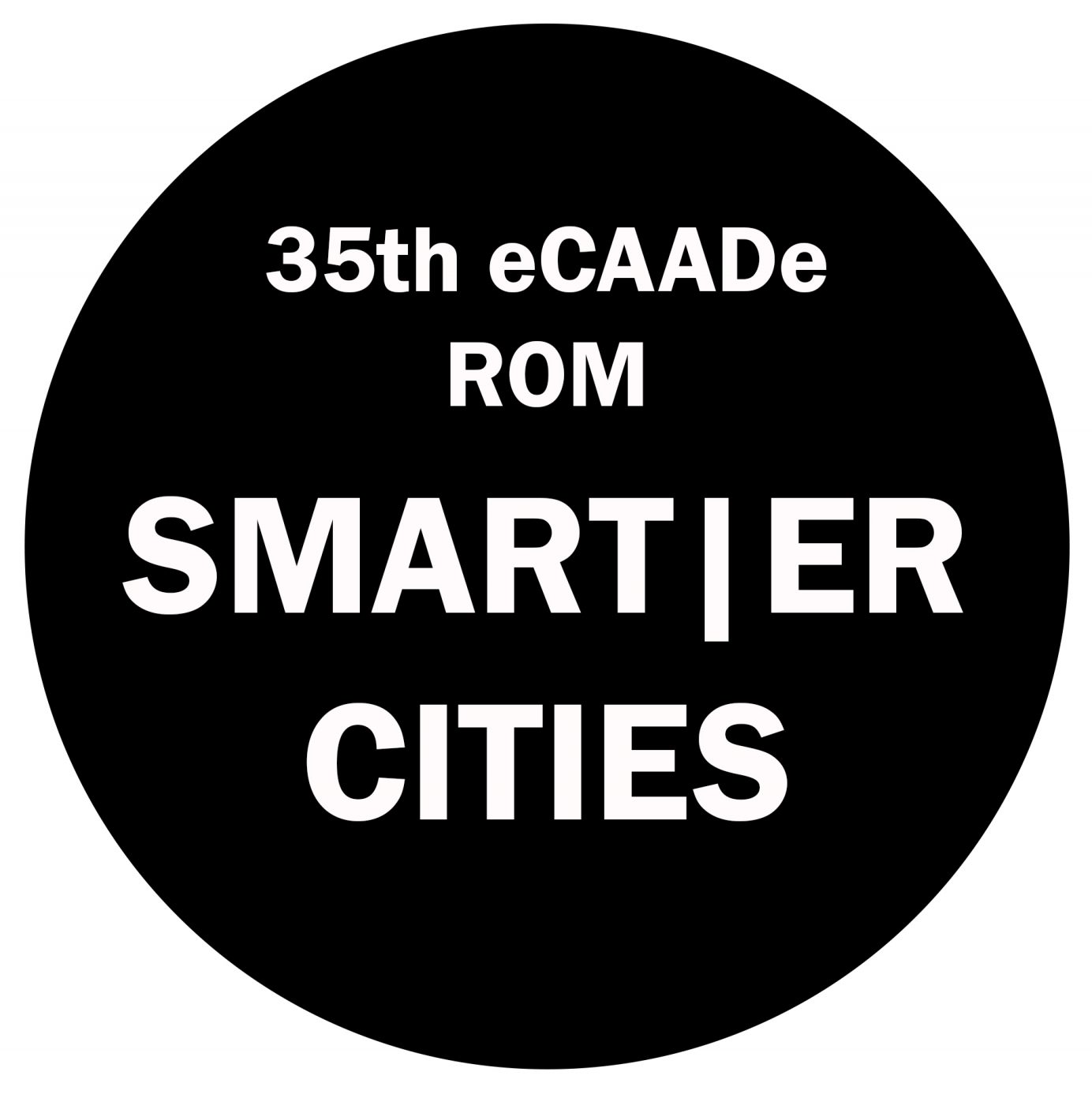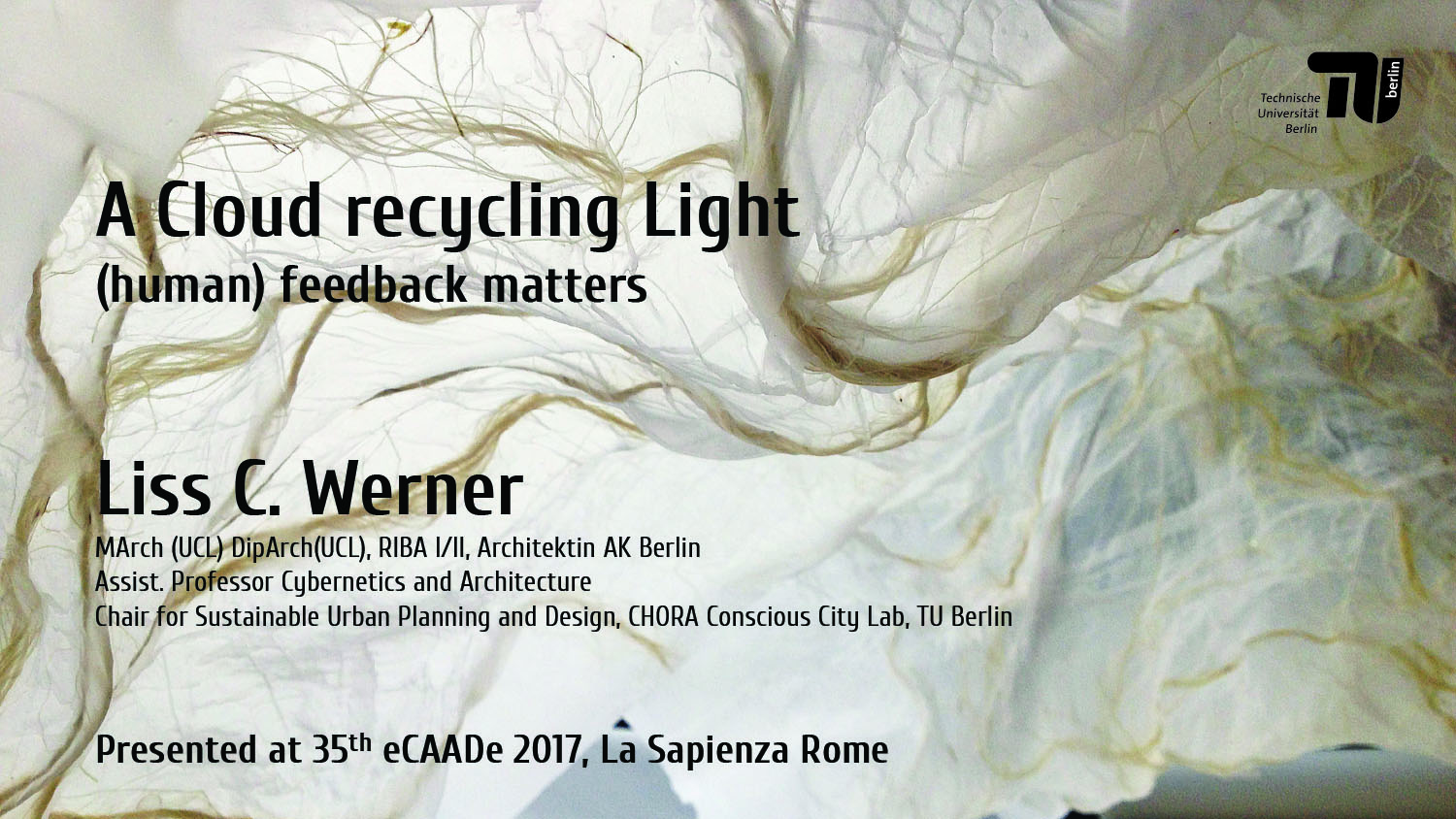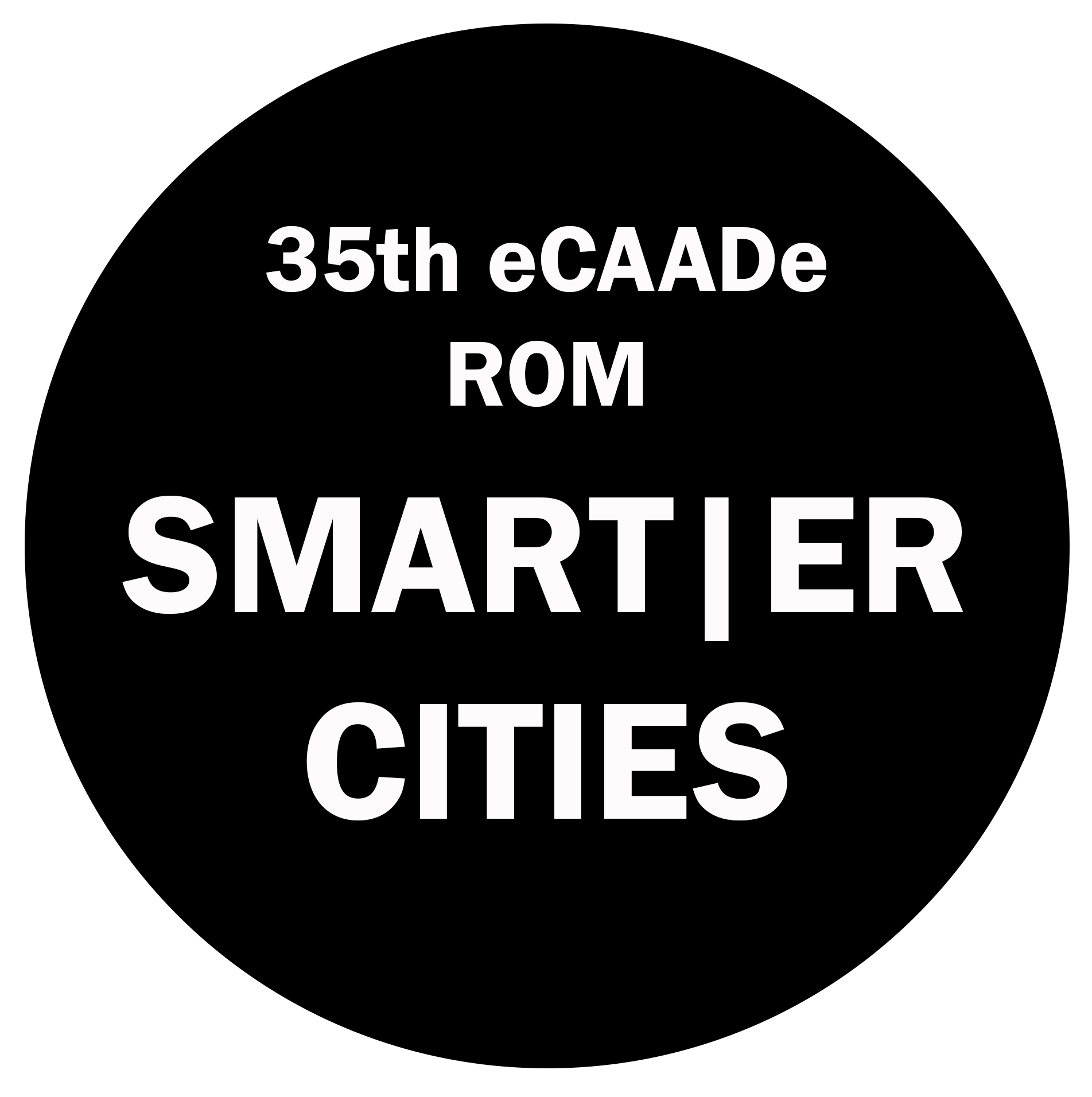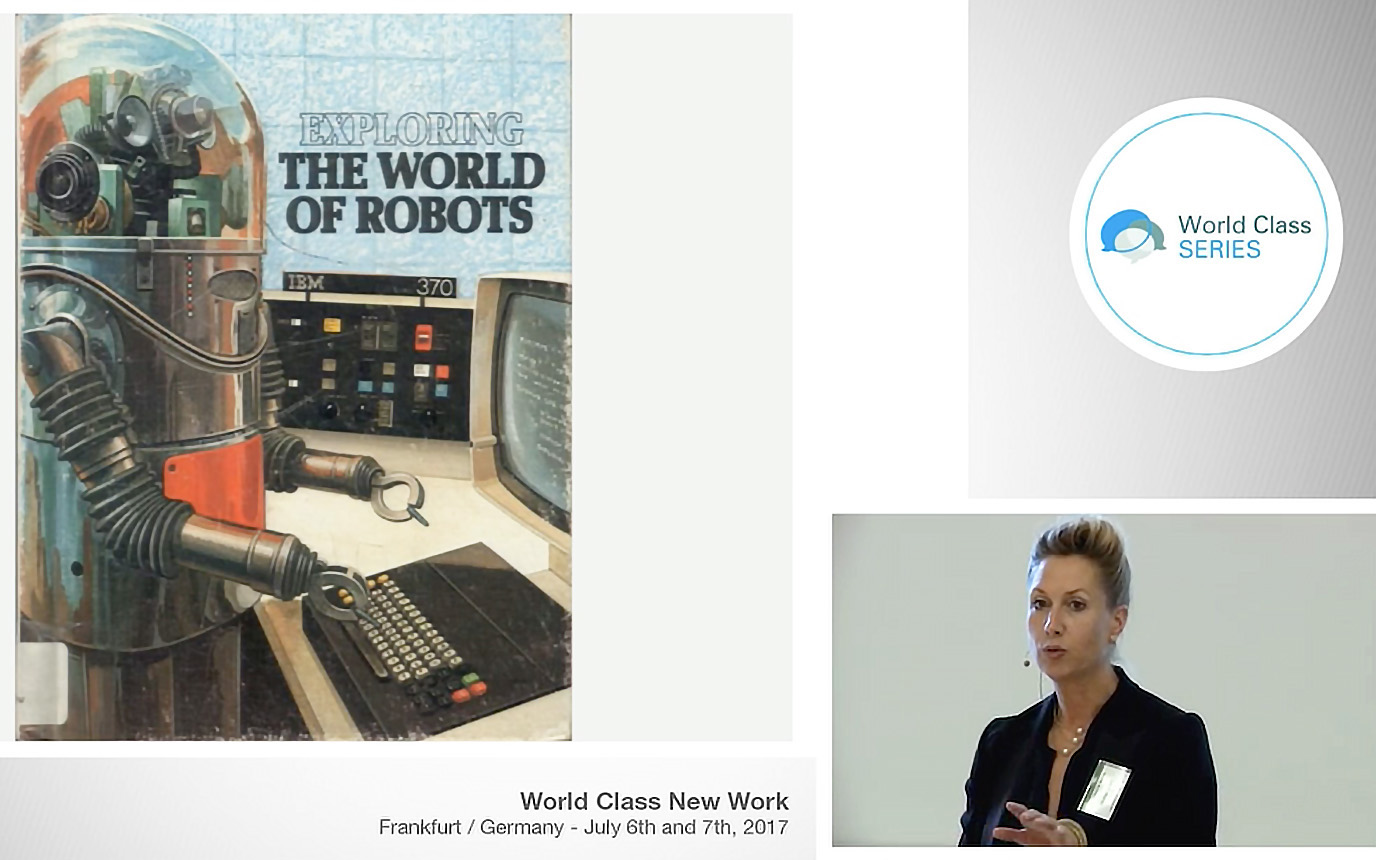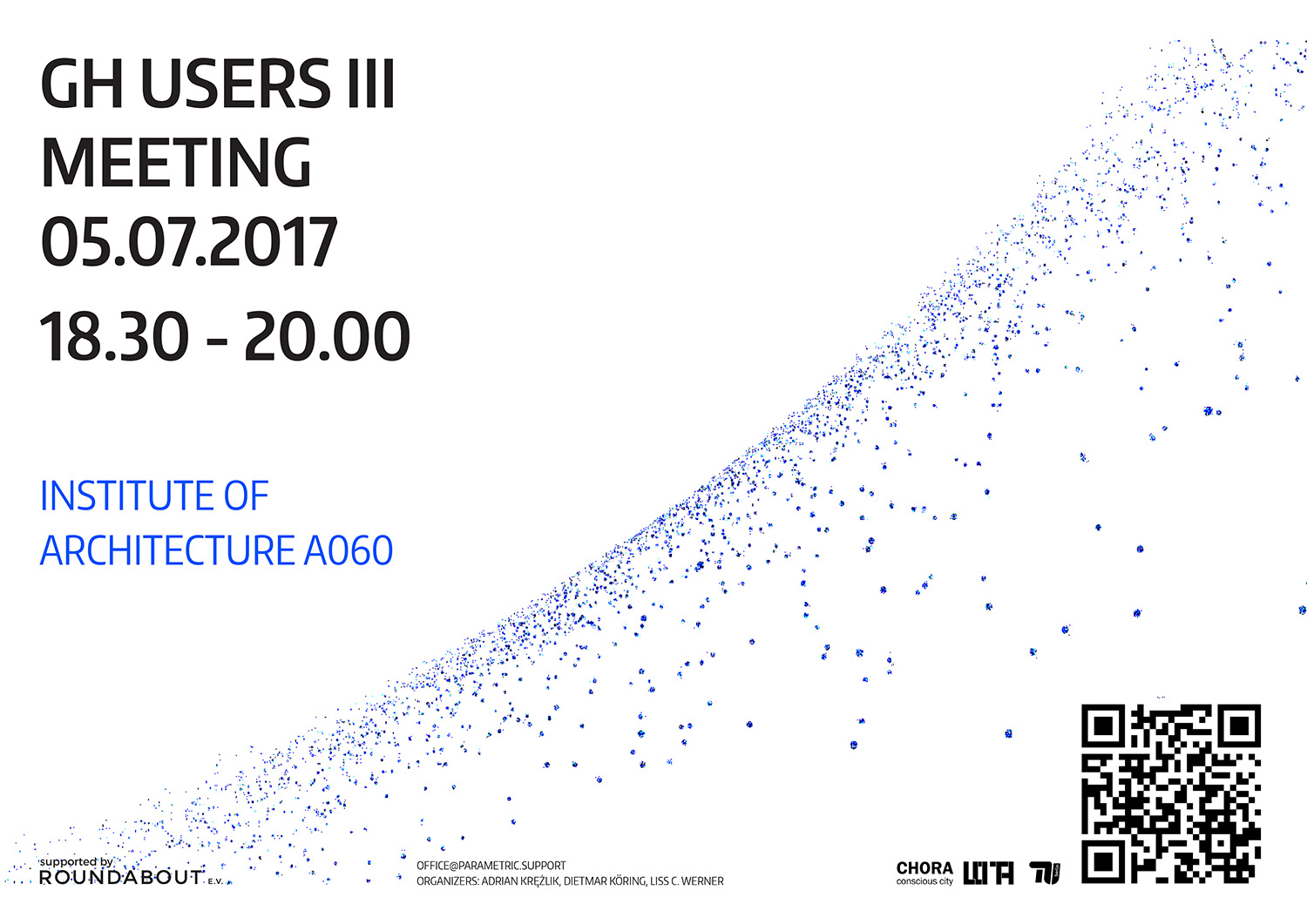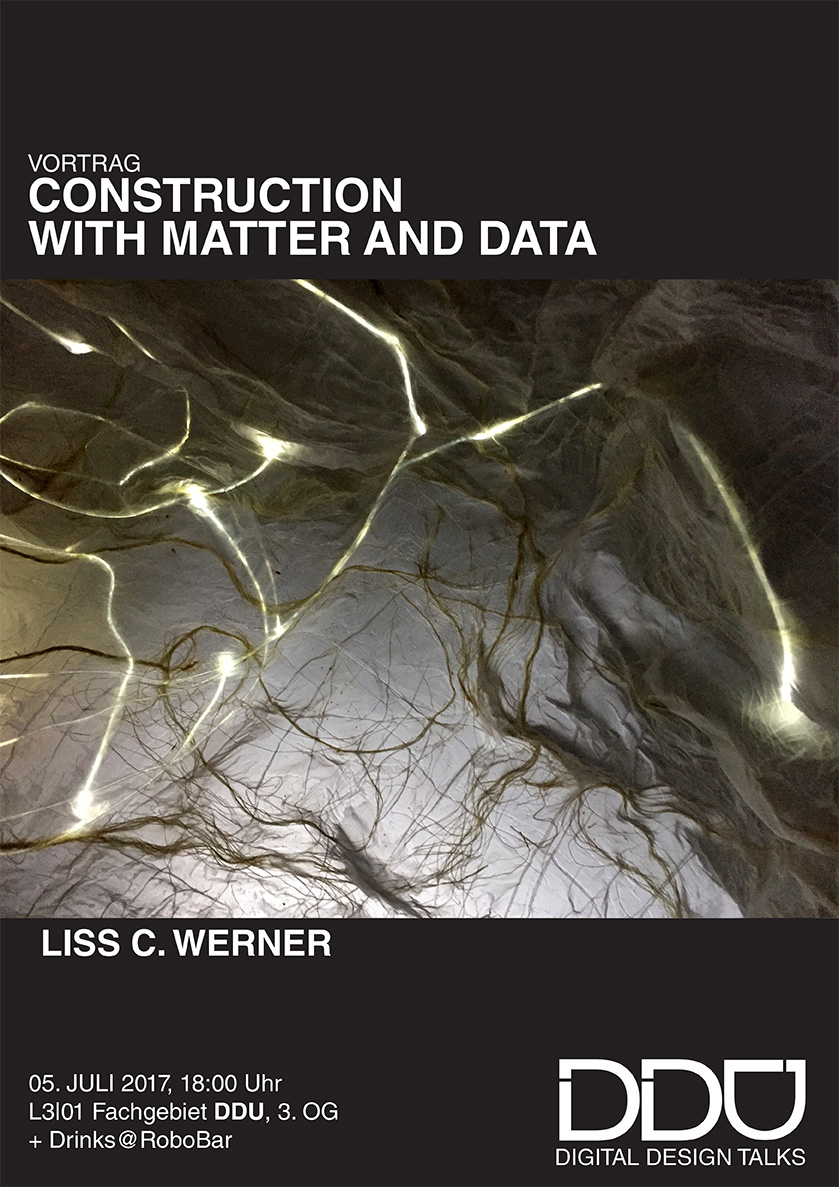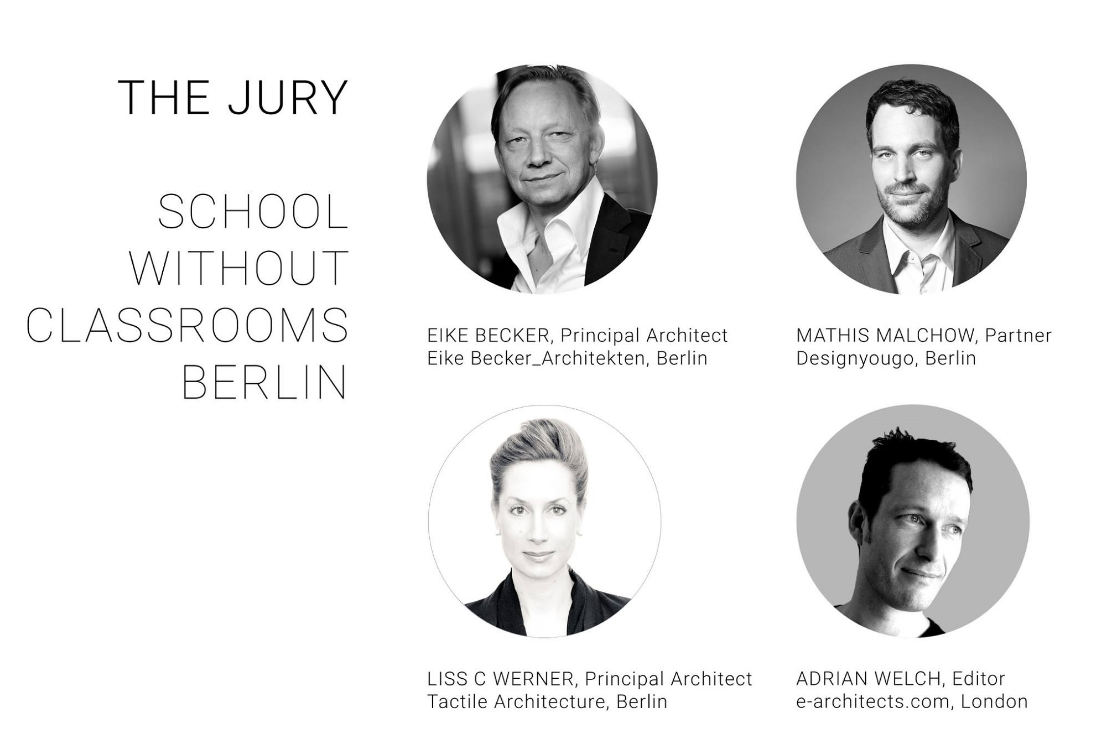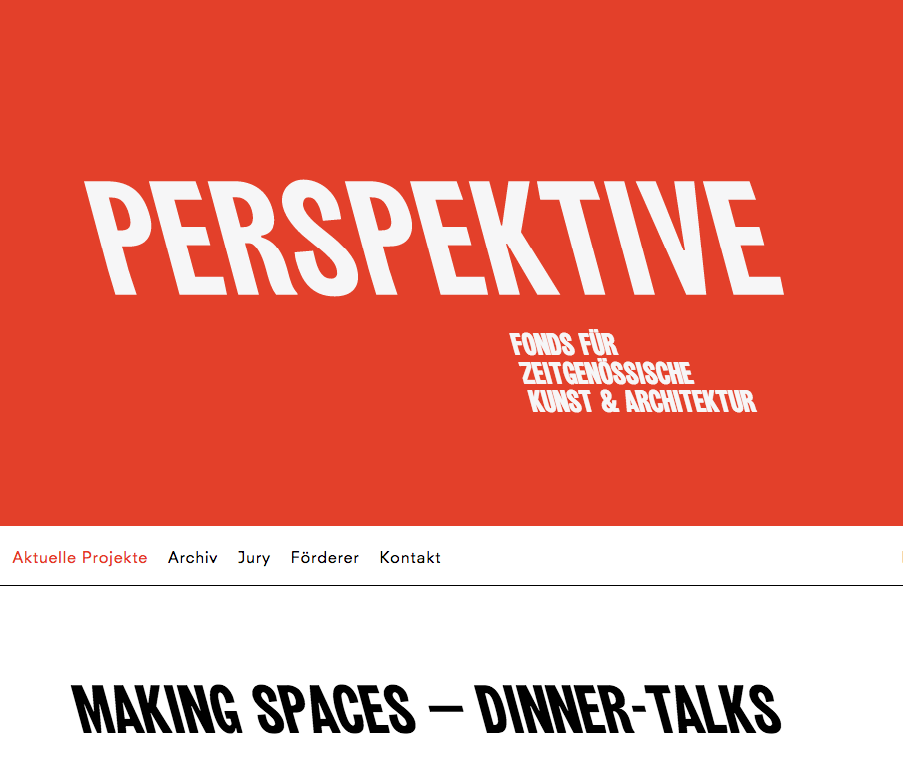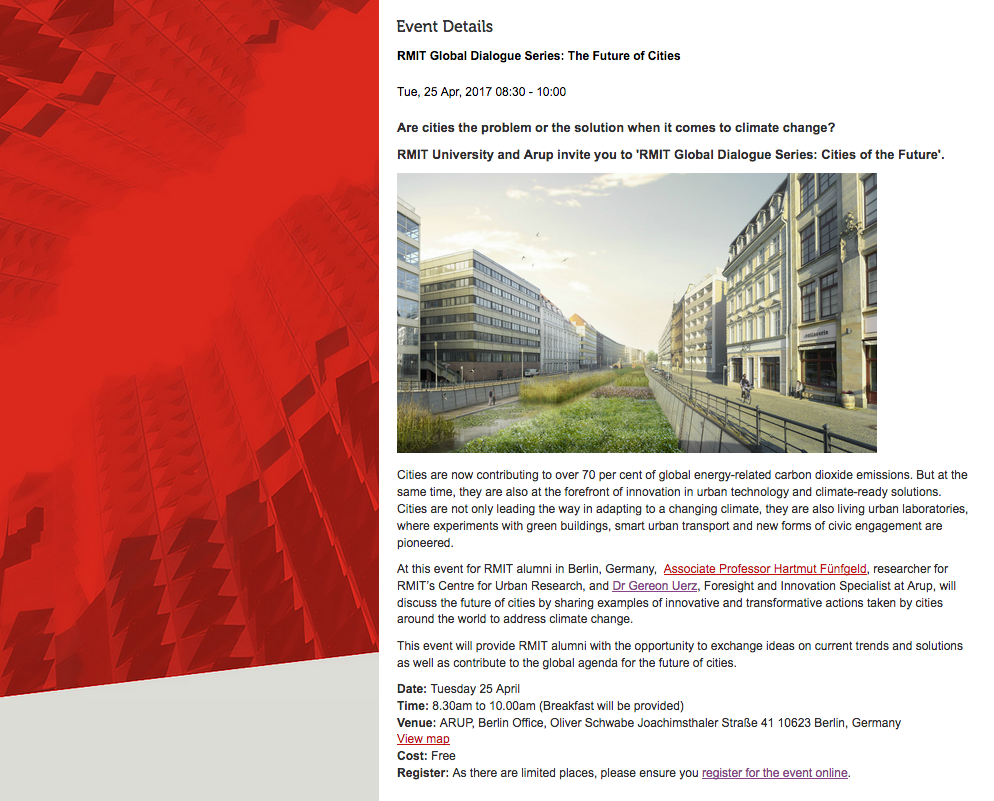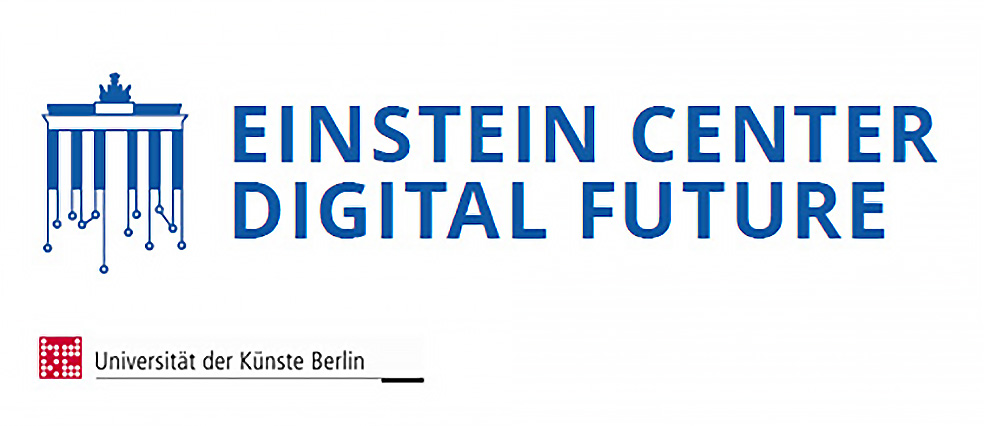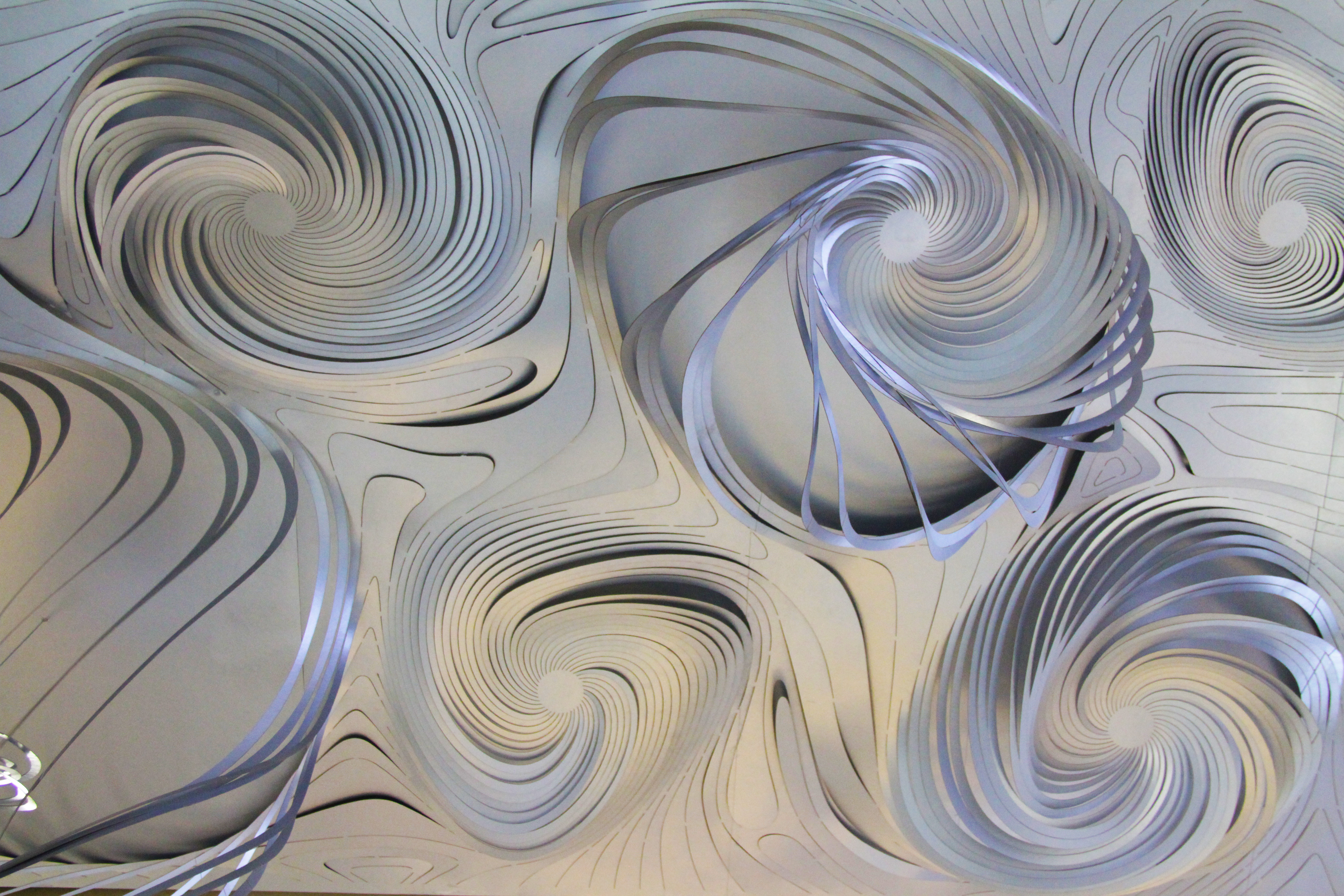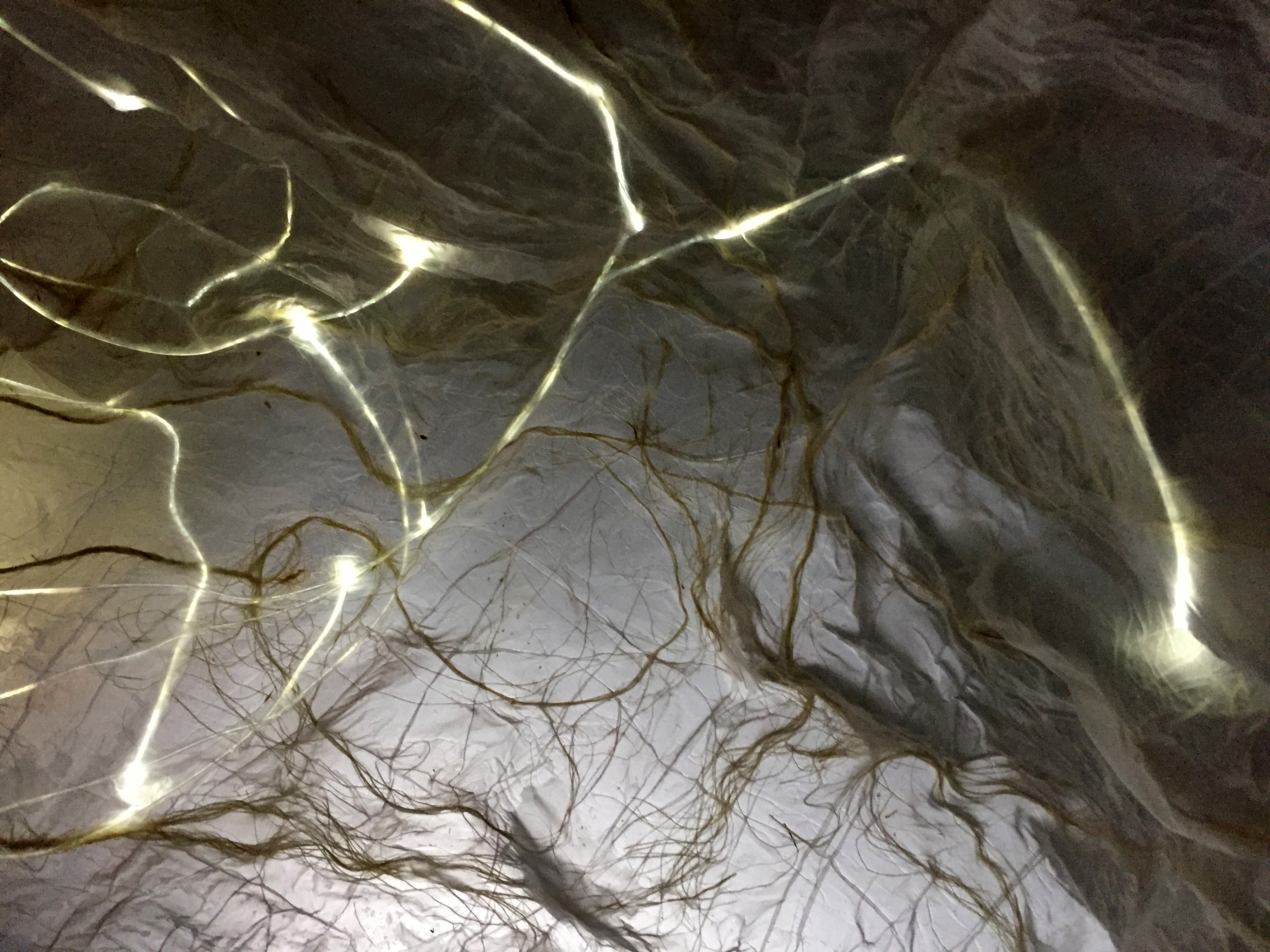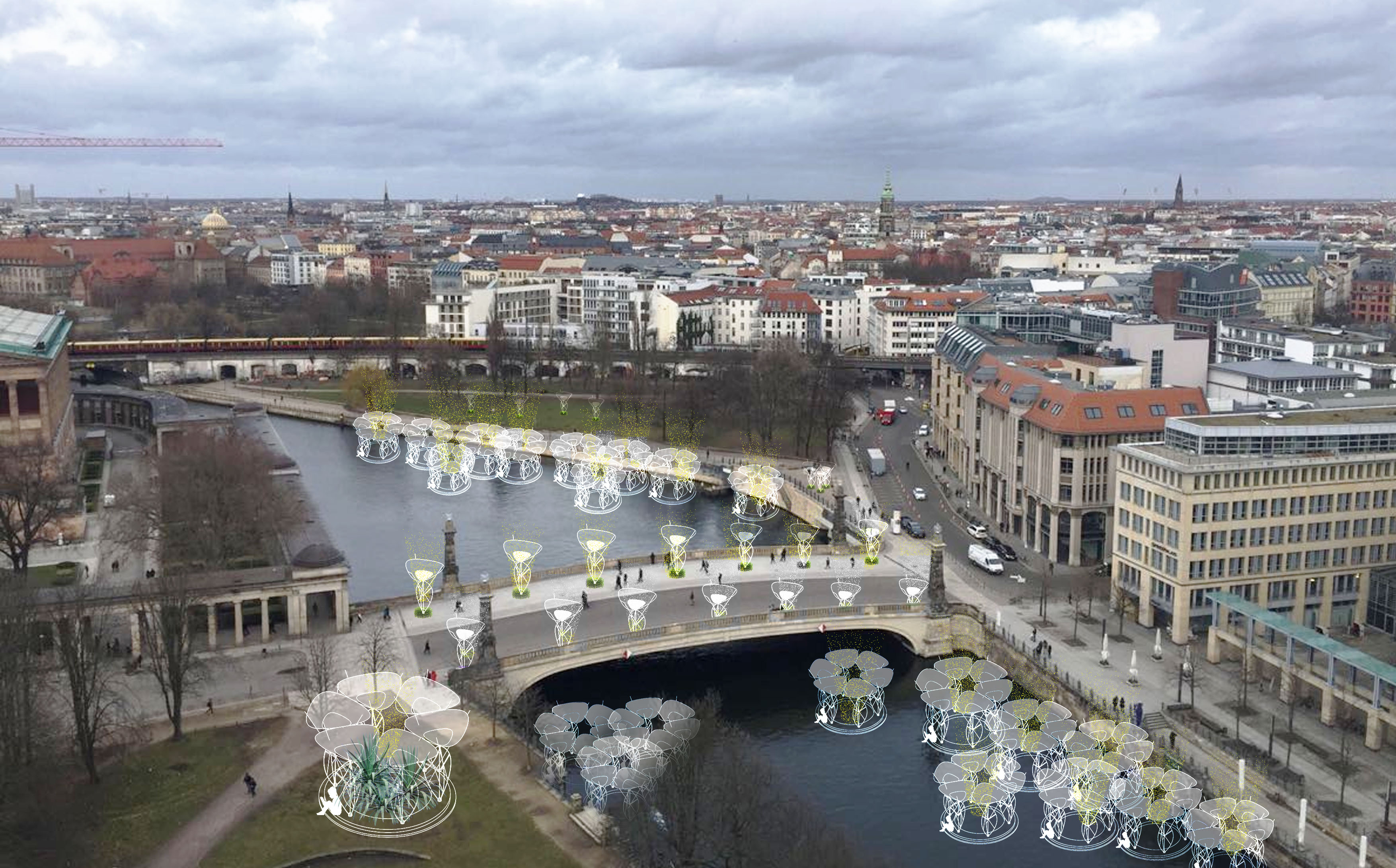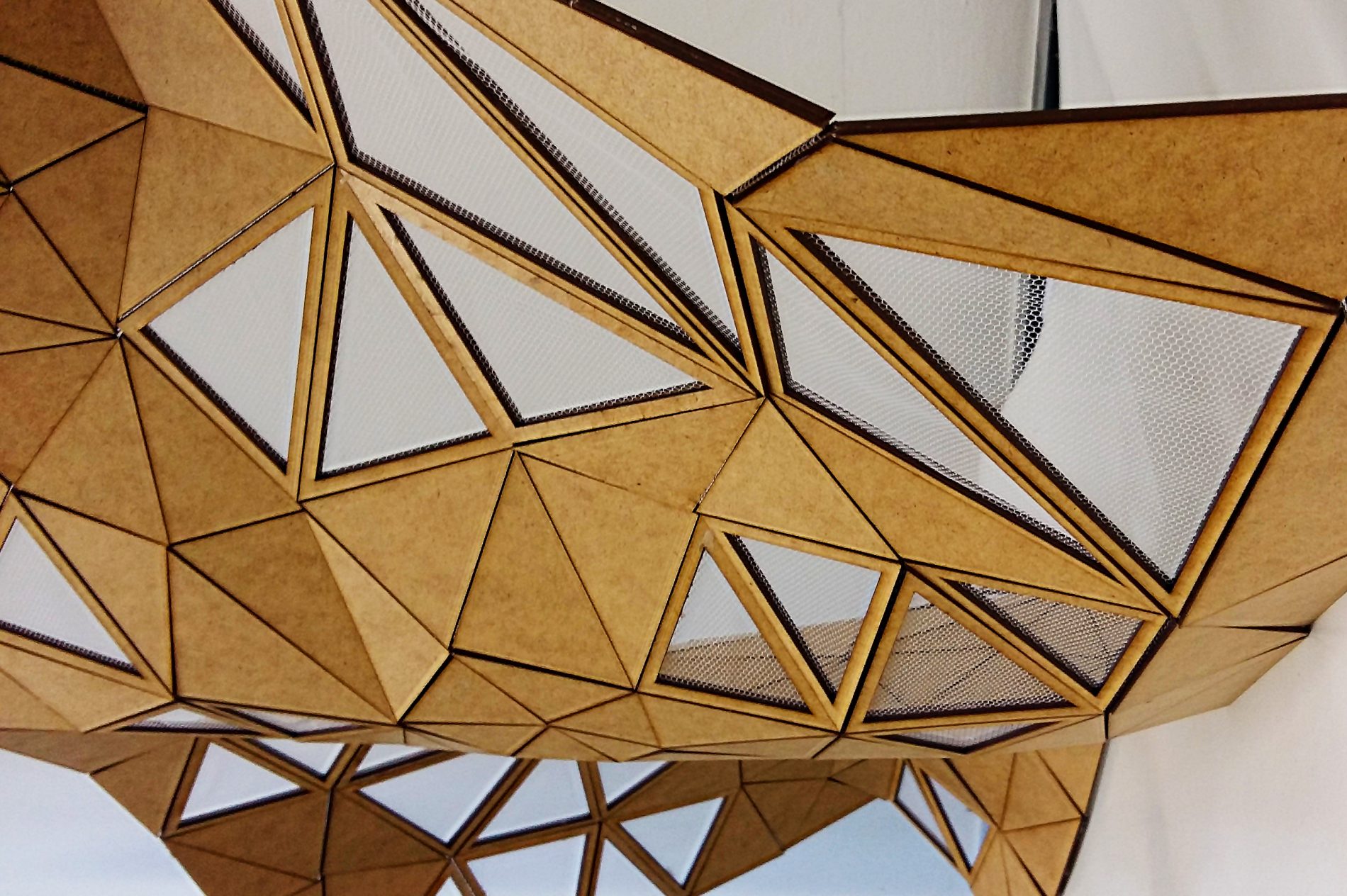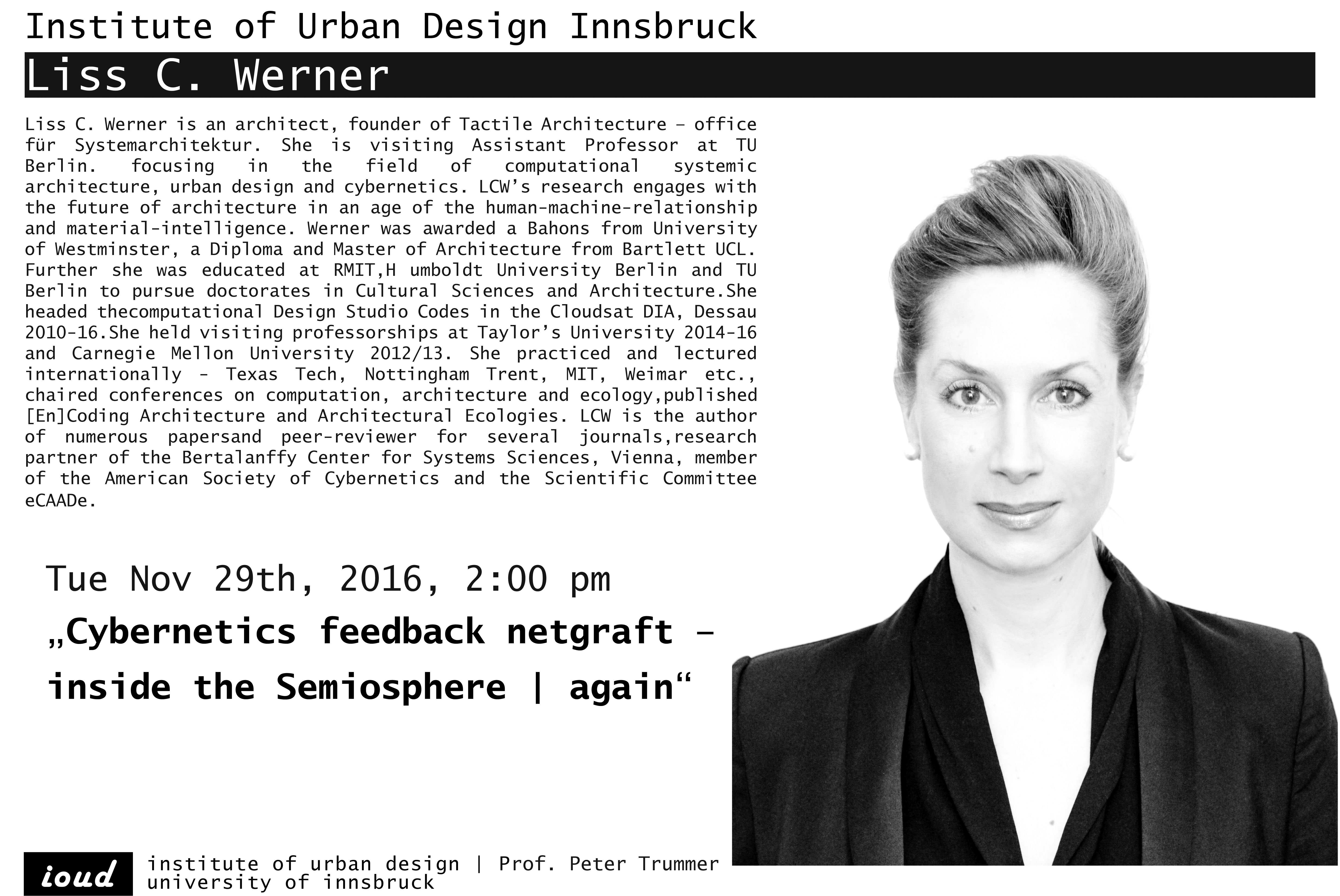The Smarter Cities Track took place on the first conference day with six exciting papers and discussions.
Paper titles and authors:
“Informed Design Platform: Multi-model Data to Support Urban Design Decision Making” Bige Tuncer and Linlin Yu, Singapore University
“Participatory Evaluation of Walkability of two Neighborhoods in Brussels: Human Sensors versus Space Syntax” Burak Pak and Chotima Ag-ukrikul, KU Leuven
“A Multiscale Model of Morpholoical Complexits in Cities: Characterisin Emergent Homogeinity and Heterogeneity” Mary Katherine Heinrich, KADK, Phil Ayres, KADK, Gerhard Schmitt, ETH Zurich
“Plug-In Design Reactivation the Cities with responsive Micro-Architectures. The Reciprocal Experience“ Matteo Baldissara, Valerio Perna, Antonino Saggio, Gabriele Stancato
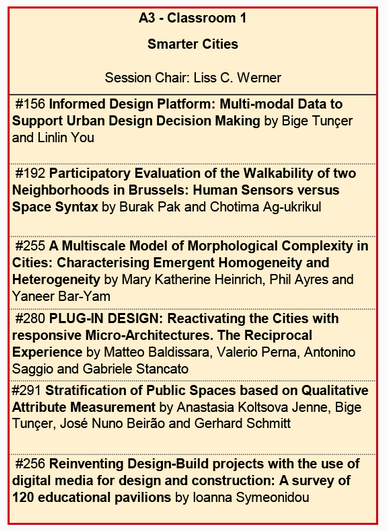
CONFERENCE THEME
Internet of Things, pervasive nets, Knowledge ‘on tap’, Big Data, Wearable devices and the ‘Third wave’ of AI are disruptive technologies that are upsetting our globalised world as far as it can be foreseen from now on. So, academicians, professionals, researchers, students, innovation factories… are warmly invited to further shake up and boost our innovative and beloved CAAD world with new ideas, paradigms and points of view. Will our fine buildings and design traditions survive? Or, will they ‘simply’ be hybridized and enhanced by methods, techniques and CAAD tools? Obviously, computation is needed to match the ever-growing performance requirements, but this is not enough to answer all these questions; we have to deal with the essence of problems: improve design solutions for a better life! As life is not a matter of single individuals, we need to increase collaboration and to improve knowledge sharing. This means going back to focus on human beings, and involves the humanistic approach, and the long history of design… from handicrafts to thinking to technology… and vice versa. A large spiral of architecture as eternal as our city.
All papers can be read and downloaded at CumInCad

